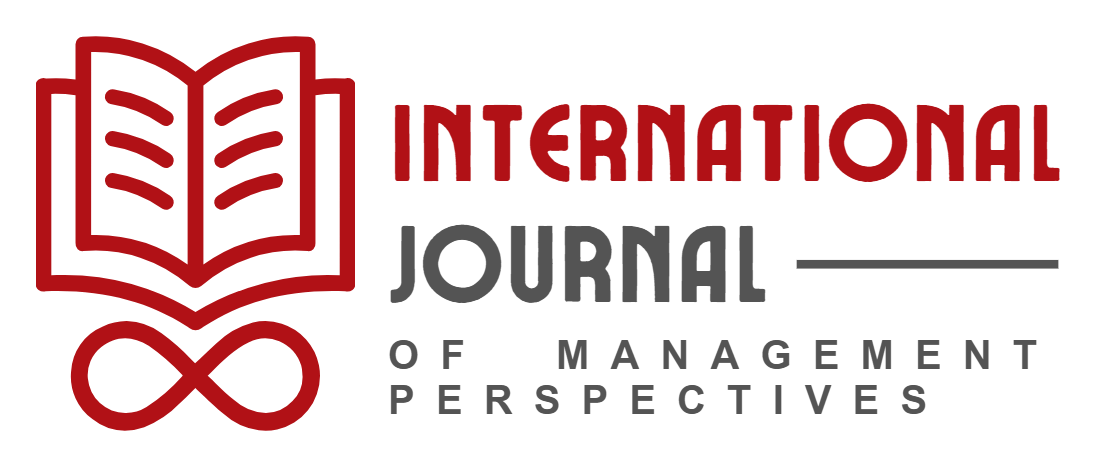Healthcare managers plan, direct, coordinate and lead healthcare services in a variety of settings, including entire hospitals, specific departments, medical practices, clinics, funders and other supportive services to the industry. These professionals play a major role in ensuring quality and safety of care provided, motivating and supporting human resources, advancing healthcare system goals, and being accountable for ethical and legal responsibilities.
The role of healthcare managers are especially important given the differences compared to other service sectors – this is a high-stakes environment, with rapidly changing regulations, stringent human and financial resource constraints, and constant need to ensure satisfaction for patients and families, decision-makers, policy-makers and employees alike. Utilising the skills and capabilities can lead organisations to success by enhancing organisational effectiveness and overall performance.
What critical skills does the modern healthcare manager require to succeed?
If you are working as a middle or senior manager in healthcare, the goal to maintain and provide health comes with inherent challenges in this complex yet exciting environment. There are certain skills that can help you in performing management duties whilst leading your organisation from strength to strength.
Here is a list of critical skills required to be a successful healthcare manager:
- A strategic and systemic mindset: crucial to maintain a clear long-term perspective, whilst having a sound framework for excellent problem-solving in this ever-changing environment fuelled by challenges that need solutions within a short time.
- Human relational skills: amongst the most important, building trust and maintaining a good rapport is crucial for coordination and collaboration, and results in satisfied patients and employees with enhanced performance. Empowering and motivating your team builds resilience and reduces resistance to change.
- Technical skills and industry insight: healthcare managers must be knowledgeable of the advancements in technology, analytics and various software implementations, and be able to adapt to these modern issues and keep themselves updated. Hospital work experience adds value to understanding the multiple nuances specific to the industry.
- Passion for the job: healthcare requires a serious commitment to helping people, and managers need enthusiasm and self-motivation to navigate this challenging and demanding landscape with innovation and confidence to drive continuous quality and performance improvements.
- Accountability: healthcare managers must behave professionally with all stakeholders, be honest and transparent in decision-making, and have perfect knowledge of regulatory requirements and policy changes to abide by and adapt to these.
- Leadership skills: by coupling self-management and personal development with outstanding judgement, attention to detail, critical thinking and creatively leading the team, healthcare managers can ensure that operations run smoothly and contribute positively to improving the health state of the broader population.
How to develop these critical skills
If you are working in the healthcare industry and have a passion for helping people, a Masters qualification in Healthcare Management can help you to further develop and refine the critical skills required for effective problem-solving, excellent performance and admirable leadership in healthcare. The MBA in Healthcare Management offered by Regent Business School is designed to meet the modern demands that are challenging the capabilities of healthcare managers, by addressing these skills and reforms in this dynamic and exciting industry for individuals passionate about improving healthcare service provision.


